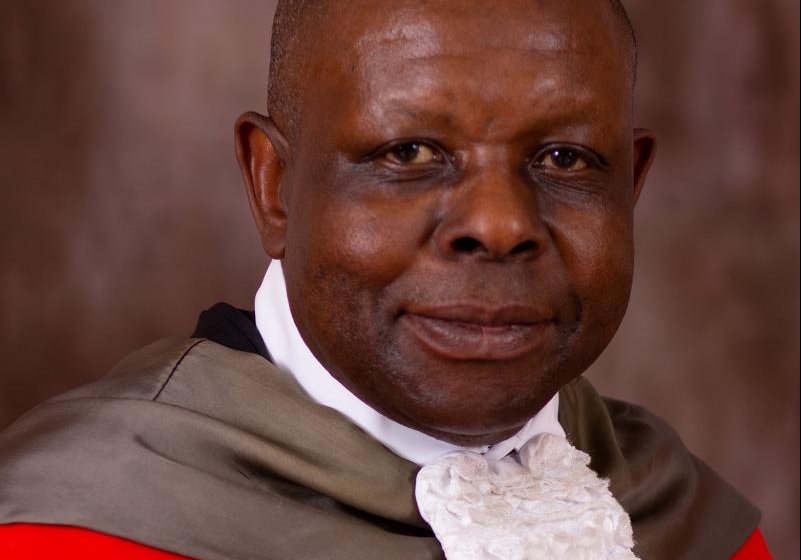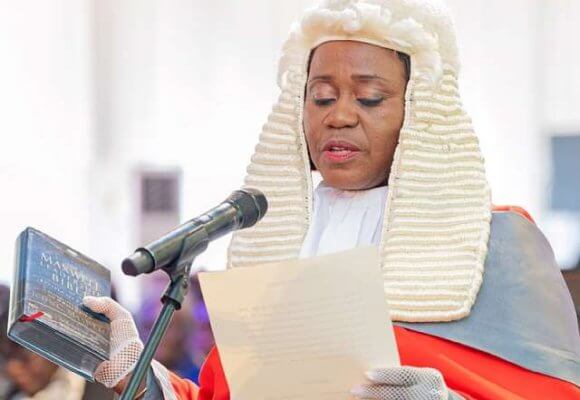|
LISTEN TO THIS THE AFRICANA VOICE ARTICLE NOW
Getting your Trinity Audio player ready...
|
South African Judge Impeached in Landmark Case
In a historic first for South Africa’s young democracy, parliament voted on Wednesday to impeach a top judge for misconduct, followed by a second judge shortly after.
John Hlophe, the former head of the Western Cape judiciary, was found to have attempted to improperly influence judges at the Constitutional Court in a case involving former President Jacob Zuma. The 2008 incident allegedly saw Hlophe approach two justices about supporting Zuma in a corruption-related appeal, accusations he has consistently denied.
Despite denials and lengthy appeals, a two-thirds majority vote in parliament, backed by both the governing and opposition parties, sealed Hlophe’s fate. This marks the first-ever judicial impeachment in South Africa’s post-apartheid era, setting a significant precedent for holding the judiciary accountable.
Nkola Motata, a former High Court judge in Gauteng province, was also impeached on Wednesday for separate misconduct charges. Accusations of disorderly conduct and racial slurs stemming from a 2007 drunk driving incident led to his removal after denying the allegations.
President Cyril Ramaphosa must now formally sign off on the impeachments, triggering immediate removal of both judges from their positions and costing them all judicial benefits, including substantial monthly salaries, car allowances, and healthcare.
While the governing ANC and main opposition DA welcomed the decisions, the EFF party voiced dissent, advocating forgiveness for the remorseful judges. Legal experts, however, view the impeachments as a crucial step in strengthening judicial accountability mechanisms, despite the lengthy process.
Kenya Exempts Some Countries From ETA Fee
In a move aimed at appeasing critics and boosting tourism, Kenya has exempted passport holders from South Africa and six other countries from a recently introduced $30 entry fee.
The government abolished visa requirements for all foreign visitors in January, aiming to attract tourists and business travelers. However, the subsequent introduction of the entry fee sparked backlash, particularly from countries with existing visa-waiver agreements with Kenya. Critics worried the fee could lead to a domino effect, increasing travel costs and bureaucracy.
Previously, only citizens from the East African Community (EAC) were exempt from the fee. Now, passport holders from South Africa, Ethiopia, Eritrea, Congo-Brazzaville, Comoros, and Mozambique, alongside San Marino, are no longer required to pay the entry charge.
According to the Kenyan government, these countries have existing visa-abolition or bilateral visa-waiver agreements with Kenya. However, travelers from these exempt nations still need to obtain an Electronic Travel Authorization (ETA) before entering the country. The ETA requires submitting details like flight information and proof of accommodation, and is valid for a single entry within 90 days.











LEAVE A COMMENT
You must be logged in to post a comment.